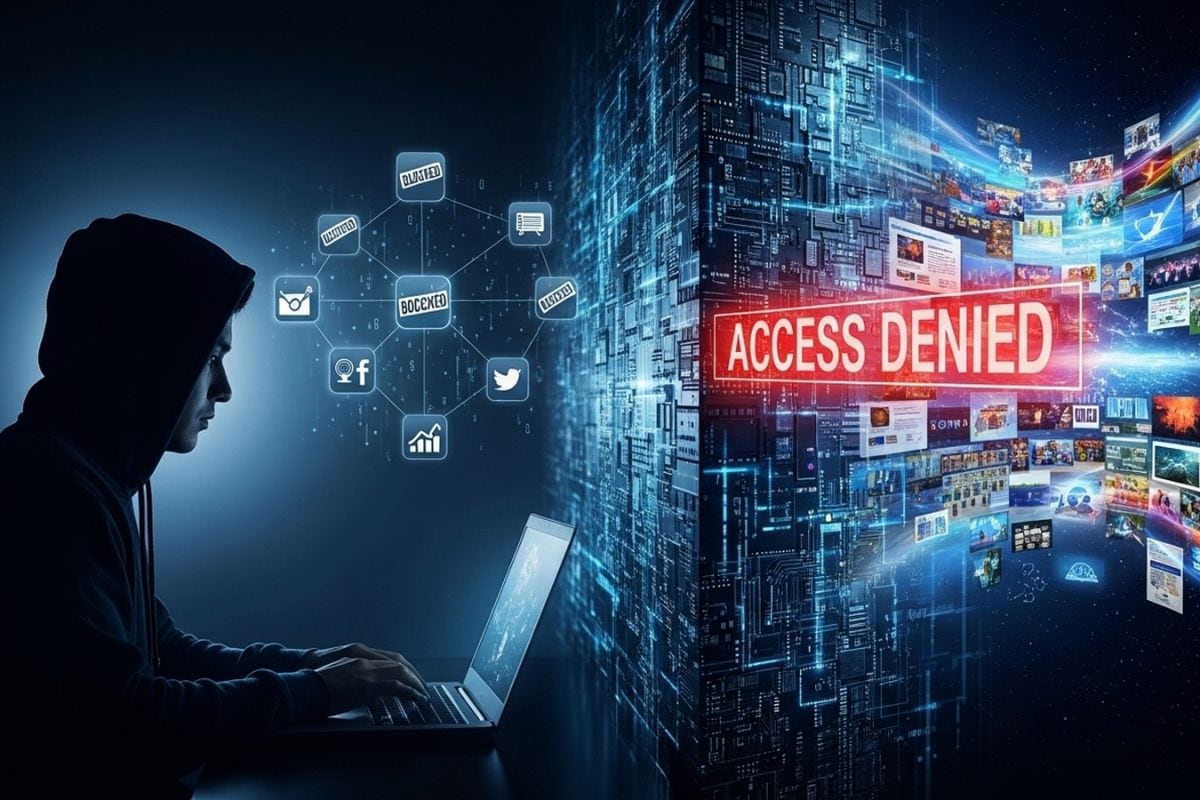

The Madras High Court is pushing for a robust mechanism to tackle the pervasive issue of Non-Consensual Intimate Images (NCII) online, drawing parallels with the government's swift action during "Operation Sindoor". Justice N. Anand Venkatesh is presiding over a petition filed by a woman lawyer whose private videos and images were leaked online and continue to resurface despite takedown efforts. The court is treating this case as a "test case" to develop a comprehensive solution that can be replicated in future instances.
The core of the issue lies in the persistent reappearance of NCII content, likened by Justice Venkatesh to the mythical Ravana's head – each time it's taken down, it springs back up. To combat this, the Madras High Court has urged the Union Government to utilize the same technological prowess and seriousness it demonstrated during Operation Sindoor. During Operation Sindoor, the government blocked over 1,400 URLs containing anti-India propaganda and misinformation. The court suggests that the same approach should be applied to websites hosting NCII content.
In response to the court's directives, the Ministry of Electronics and Information Technology (MeitY) has formed a six-member expert committee to devise a Standard Operating Procedure (SOP) for combating the spread of NCII. The committee comprises senior officials from MeitY, the Ministry of Home Affairs, the Department of Telecommunications, the Ministry of Women and Child Development, and technical experts. The SOP will include comprehensive legal and technical protocols for the immediate and long-term removal of NCII content, actionable steps for victims, and sensitization programs for government officials and citizens.
The Madras High Court has emphasized the need for a coordinated response between state and central agencies to address digital violations of privacy. The court has also stressed the importance of safeguarding the dignity of women in the digital age, stating that every citizen is as important as the country itself. It has directed MeitY to consider the present case as a test case and ensure that all video links are blocked and prevented from resurfacing. The court has made it clear that it will closely monitor the matter and expects the government and digital platforms to prioritize the protection of individuals in digital spaces.
The committee is expected to formulate comprehensive legal and technical protocols for immediate and long-term removal of NCII content, outline actionable steps for victims, and conduct sensitization programs for government officials and citizens. The court has directed MeitY to submit the SOP after consulting with the expert committee and has posted the matter for further hearing.